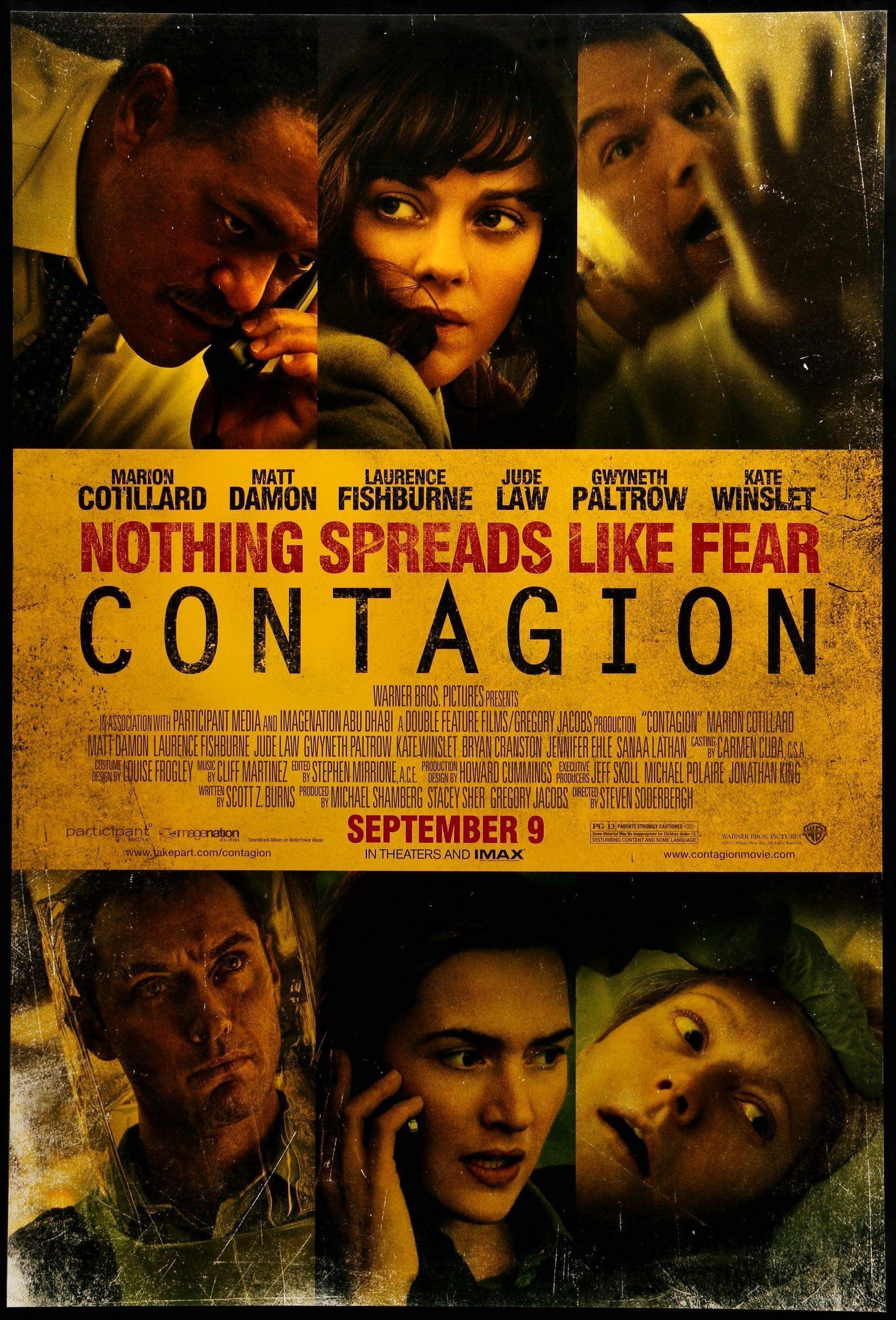We need to implement
proactive drastic measures to curb the spread
right now, as opposed to waiting for the inevitable rise in cases, the earlier those are in place, the more efficient they will be. Here's a very relevant data set from the Spanish Flu:
Closing schools, shutting down large events early ahead of the storm is the equivalent of controlled burns of brush and trees downwind from a large distant fire that is bound to hit the area.
Schools and colleges should at least start setting up a schedule for remote online teaching for the reminder of the Spring semester now and implement telecommuting for their students, in preparation of schools being suspended. All schools will eventually shut down by April, waiting till then will only make the epidemic harder to control.
Short paper by statistician Nassim Taleb:
Quote:
Systemic Risk of Pandemic via Novel Pathogens Coronavirus:
A Note
The novel coronavirus emerging out of Wuhan, China has been identified as a deadly strain that is also highly contagious. The response by China to date has included travel restrictions on tens of millions across several major cities in an effort to slow its spread. Despite this, positively identified cases have already been detected in many countries spanning the globe and there are doubts such containment would be effective. This note outlines some principles to bear in relation to such a process.
...
Conclusion:
Standard individual-scale policy approaches such as isolation, contact tracing and monitoring are rapidly (computationally) overwhelmed in the face of mass infection, and thus also cannot be relied upon to stop a pandemic. Multiscale population approaches including drastically pruning contact networks using collective boundaries and social behavior change, and community self-monitoring, are essential.
Together, these observations lead to the necessity of a precautionary approach to current and potential pandemic outbreaks that must include constraining mobility patterns in the early stages of an outbreak, especially when little is known about the true parameters of the pathogen.
It will cost something to reduce mobility in the short term, but to fail do so will eventually cost everythingif not from this event, then one in the future. Outbreaks are inevitable, but an appropriately precautionary response can mitigate systemic risk to the globe at large. But policy- and decision-makers must act swiftly and avoid the fallacy that to have an appropriate respect for uncertainty in the face of possible irreversible catastrophe amounts to "paranoia," or the converse a belief that nothing can be done.
https://necsi.edu/systemic-risk-of-pandemic-via-novel-pathogens-coronavirus-a-note 



